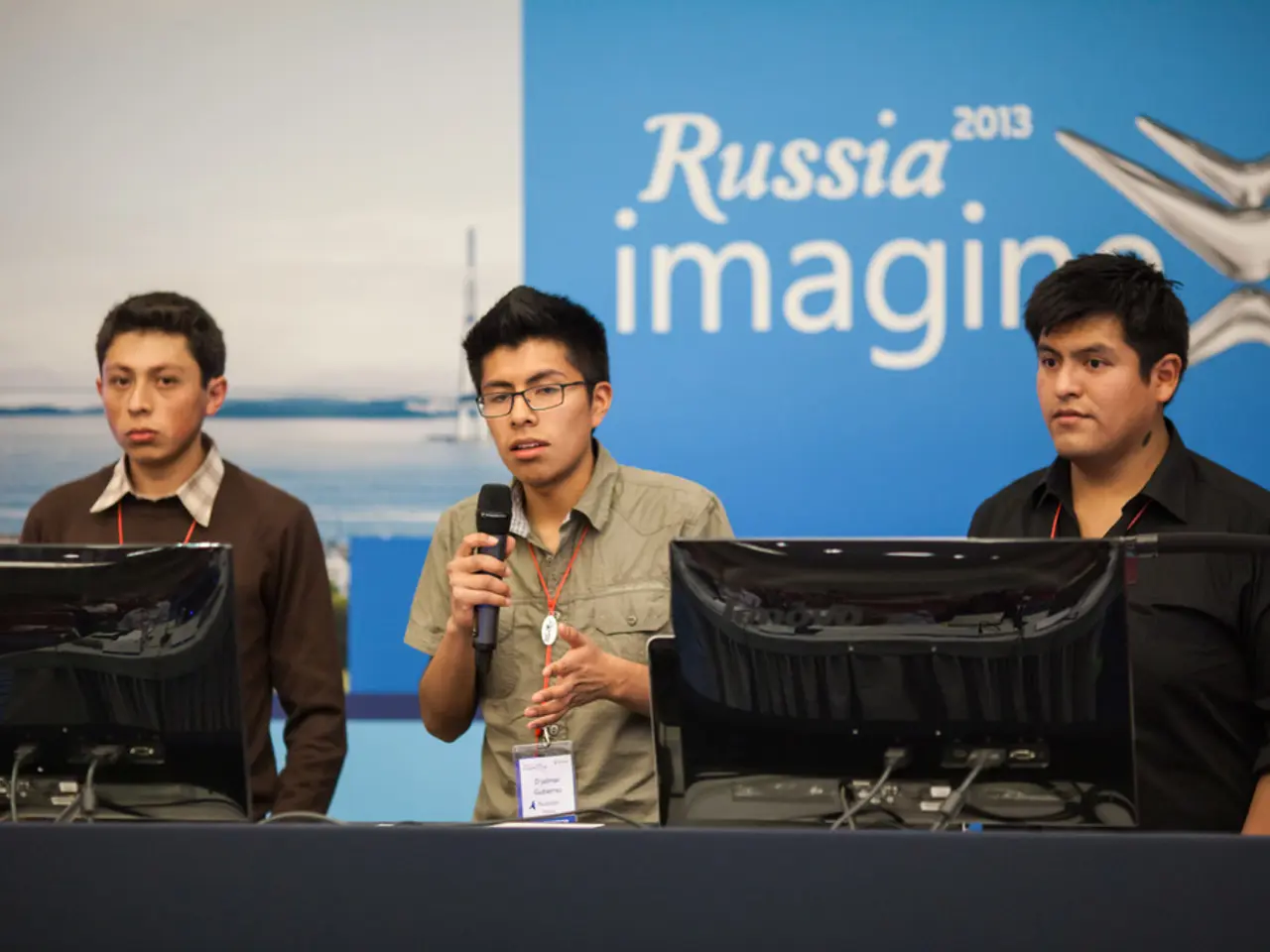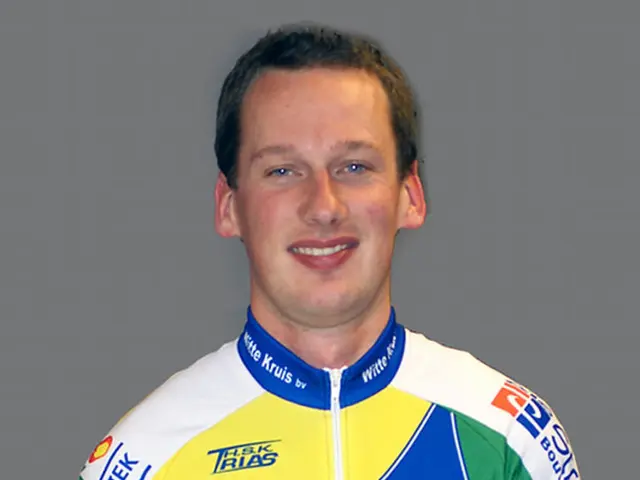Prior to the Alaska summit, Europeans and Zelenskyy aim to establish a connection with Trump regarding Ukraine.
The upcoming video conferences and meetings involving European leaders, Ukrainian President Volodymyr Zelensky, and former US President Donald Trump are focused on negotiating a peace deal to end the Ukraine war, rather than merely pursuing a ceasefire.
The main goals discussed include reaching a comprehensive peace agreement that involves territorial compromises, such as Ukraine potentially ceding Crimea and agreeing not to join NATO, conditions proposed by Trump reflecting Russia's demands.
Trump has also pledged US involvement in Ukraine's protection post-agreement, with Europe being the "first line of defense." Preliminary talks have been held on arranging a future trilateral meeting among Trump, Zelensky, and Russian President Vladimir Putin to negotiate a settlement, a proposal supported by both the US and Ukrainian sides but not yet agreed upon by Russia.
The strategy focuses on pragmatic negotiation aiming to end hostilities through compromise and enforceable security arrangements involving US and European guarantees. While exact dates for upcoming video conferences have not been publicly detailed, the August 18 in-person summit signals ongoing high-level dialogues.
However, concerns have been raised. Zelensky has expressed his conviction that a three-way meeting between Trump, Putin, and him would take place to end the war. Yet, he has ruled out any decisions on Ukraine at the Alaska summit of Trump and Putin. Europeans and Zelensky fear that Trump and Putin might agree on territorial concessions from Ukraine to Russia, which Kyiv firmly rejects.
In response, German Foreign Minister Johann Wadephul (CDU) has stated that violence should not redraw borders and that Germany supports Trump's goal of ending the Russian invasion. The result must be a just and lasting peace.
As the negotiations continue, Zelensky has emphasized that Ukraine does not want to give up its territories in the east and cannot do so. Meanwhile, Trump has not made promises for security guarantees in favor of Ukraine after a possible ceasefire or peace.
In light of these developments, German Chancellor Olaf Scholz's close European allies are set to hold a video conference at 14:00 CET today to discuss the ongoing situation. It remains to be seen how these discussions will shape the future of the Ukraine conflict.
[1] The New York Times. (2025). Trump and Zelensky to Meet with European Leaders to Discuss Ukraine's Future. [online] Available at: https://www.nytimes.com/2025/08/18/world/europe/trump-zelensky-ukraine.html
[2] BBC News. (2025). Trump and Putin to Discuss Ukraine at White House Summit. [online] Available at: https://www.bbc.co.uk/news/world-europe-58593467
[3] Reuters. (2025). Zelensky Hints at Potential Meeting with Putin, or a Meeting with All Three Leaders. [online] Available at: https://www.reuters.com/world/europe/zelensky-hints-potential-meeting-putin-or-meeting-all-three-leaders-2025-08-17/
[4] CNN. (2025). Trump Plans to Meet with Putin on Friday to End Russian Invasion of Ukraine. [online] Available at: https://www.cnn.com/2025/08/20/world/trump-putin-ukraine-summit/index.html
- The discussion regarding the peace deal for the Ukraine war, which includes policy and legislation, war-and-conflicts, and politics, has led to a focus on territorial compromises involving Ukraine potentially ceding Crimea and agreeing not to join NATO, conditions proposed by Trump reflecting Russia's demands.
- In the general news, concerns have been raised about the outcome of the peace talks, with Zelensky fearing that Trump and Putin might agree on territorial concessions from Ukraine to Russia, while Germany, along with its allies, is advocating for a just and lasting peace to end the war.







